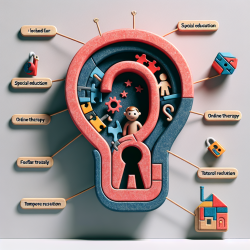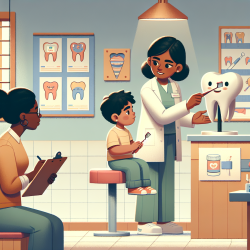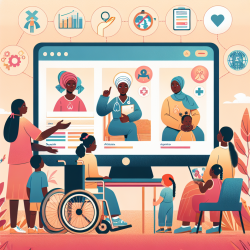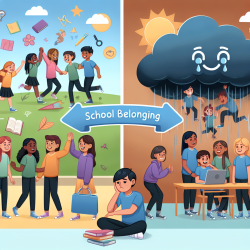Sport-related concussions (SRCs) affect millions of adolescents and young adults annually. The current consensus on SRCs often lacks detailed guidance on academic support, especially for university students. The research article in question addresses this gap by developing a comprehensive Post-Concussion Collegiate Return-to-Learn (RTL) Protocol using a modified Delphi technique. This protocol offers explicit recommendations for clinicians, students, and academic stakeholders to support university students during their recovery.
Key Findings from the Research
The study involved 22 panelists, including clinicians, concussion researchers, and academic stakeholders, who participated in a three-stage modified Delphi procedure. The goal was to achieve consensus on appropriate academic recommendations. Here are the key outcomes:
- Twenty-seven statements achieved consensus, resulting in a four-stage Post-Concussion Collegiate RTL Protocol.
- The protocol includes specific guidelines on when to seek additional medical care and how to approach instructors for academic support.
- The framework encourages a multidisciplinary approach, involving academic advisors, instructors, disability services representatives, and other stakeholders.
Implementing the Protocol in Your Practice
To improve your skills and create better outcomes for your students, consider implementing the following steps based on the study's findings:
- Early Identification and Communication: Encourage students to notify their instructors of potential absences and seek additional medical care if symptoms worsen.
- Gradual Reintroduction: Support students in gradually reintroducing cognitive activities. This includes allowing breaks and using technology adaptations like screen brightness adjustments.
- Multidisciplinary Team Check-ins: Regularly check in with a multidisciplinary team to review and revise academic adjustments and accommodations.
- Flexible Academic Adjustments: Discuss with instructors about modifying assignments, quizzes, and tests to accommodate the student's recovery process.
- Monitoring and Support: Use academic and symptom monitors to track the student's progress and adjust the protocol as needed.
Encouraging Further Research
While the Post-Concussion Collegiate RTL Protocol provides a strong foundation, continuous research is essential. Encourage your colleagues and stakeholders to engage in further studies to refine and adapt the protocol to different educational settings and individual needs.
To read the original research paper, please follow this link: Achieving Consensus Through a Modified Delphi Technique to Create the Post-concussion Collegiate Return-to-Learn Protocol.










